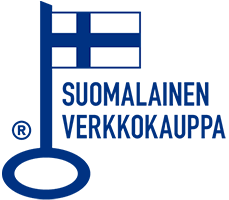
KIRJAUDU
Starting Points for ICT Regulation : Deconstructing Prevalent Policy One-liners
66,00 €
T.M.C. Asser Press
Sivumäärä: 310 sivua
Asu: Kovakantinen kirja
Julkaisuvuosi: 2006, 27.04.2006 (lisätietoa)
Kieli: Englanti
Tuotesarja: Information Technology and Law Series 9
Sivumäärä: 310 sivua
Asu: Kovakantinen kirja
Julkaisuvuosi: 2006, 27.04.2006 (lisätietoa)
Kieli: Englanti
Tuotesarja: Information Technology and Law Series 9
Tilaustuote | Arvioimme, että tuote lähetetään meiltä noin 5-6 viikossa Tilaa tuote jouluksi viimeistään 13.11.2024
Näytä kaikki tuotetiedot
ISBN:
9789067042161
Aihealue:
|
Toimitusehdot |
Asiakaspalvelu |
YHTEYSTIEDOT |
SEURAA MEITÄ
|
 |
Booky.fi | Kotimainen kirjakauppasi netissä
Löydä seuraava lukuelämyksesi meiltä. Valikoimassamme ovat kaikki kotimaiset kirjat sekä noin 25 miljoonaa ulkomaista teosta.
Toimitamme tilaukset maailmanlaajuisesti!
Tietosuojaseloste




